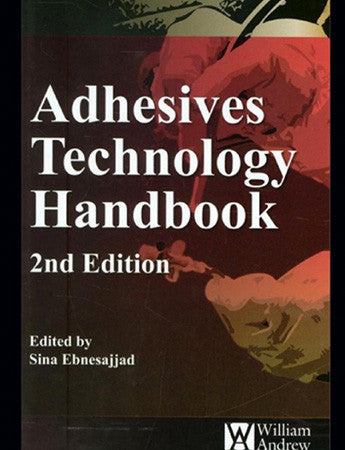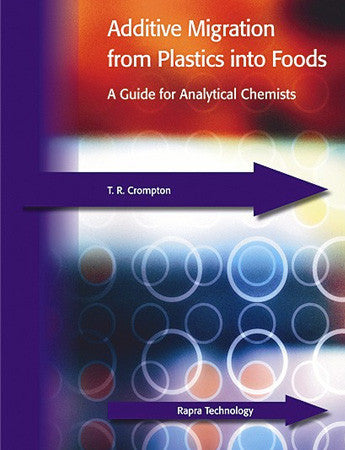This book presents information that will allow practitioners of adhesion technology to select the right adhesive for bonding different materials. Early chapters cover basic principles of adhesion, such as adhesion theories, surface characterization and measurement, and types of adhesive bonds, and describe common adhesive materials and application techniques. Subsequent chapters focus on the design of joints, methods of handling and application of adhesives to substrates, solvent cementing, and methods for testing strength and durability of adhesive bonds. A final chapter deals with economics, environmental, and safety issues. The book serves as a practical resource for engineers, chemists, students, and others involved in selecting adhesives and bonding materials. The book is based on an updated from Arthur Landrock's Adhesives Technology Handbook, published in 1985 by Noyes Publishing. Ebnesajjad is a fluoropolymer technology consultant.
Audience:
Materials scientists, mechanical engineers, plastics engineers, scientists, researchers and students involved or interested in adhesives and sealants.
Key Features
• Provides the end user practitioners of adhesion technology with a complete guide to bonding materials successfully
• Covers most substrates, including plastics, metals, elastomers, and ceramics, explaining basic principles and describing common materials and application techniques
• Arranges information so that each chapter can be studied selectively or in conjunction with others
2. Basic Concepts of Surfaces and Interfaces
3. Material Surface Preparation Techniques
4. Classification of Adhesives and Compounds
5. Characteristics of Adhesive Materials
6. Adhesives for Special Adherends
7. Joint Design
8. Adhesive Applications and Bonding Processes
9. Solvent Cementing of Plastics
10. Durability of Adhesive Bonds
11. Testing of Adhesive Bonds
12. Quality Control
13. Economic, Environmental, Safety Aspects and Future Trends




